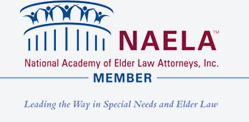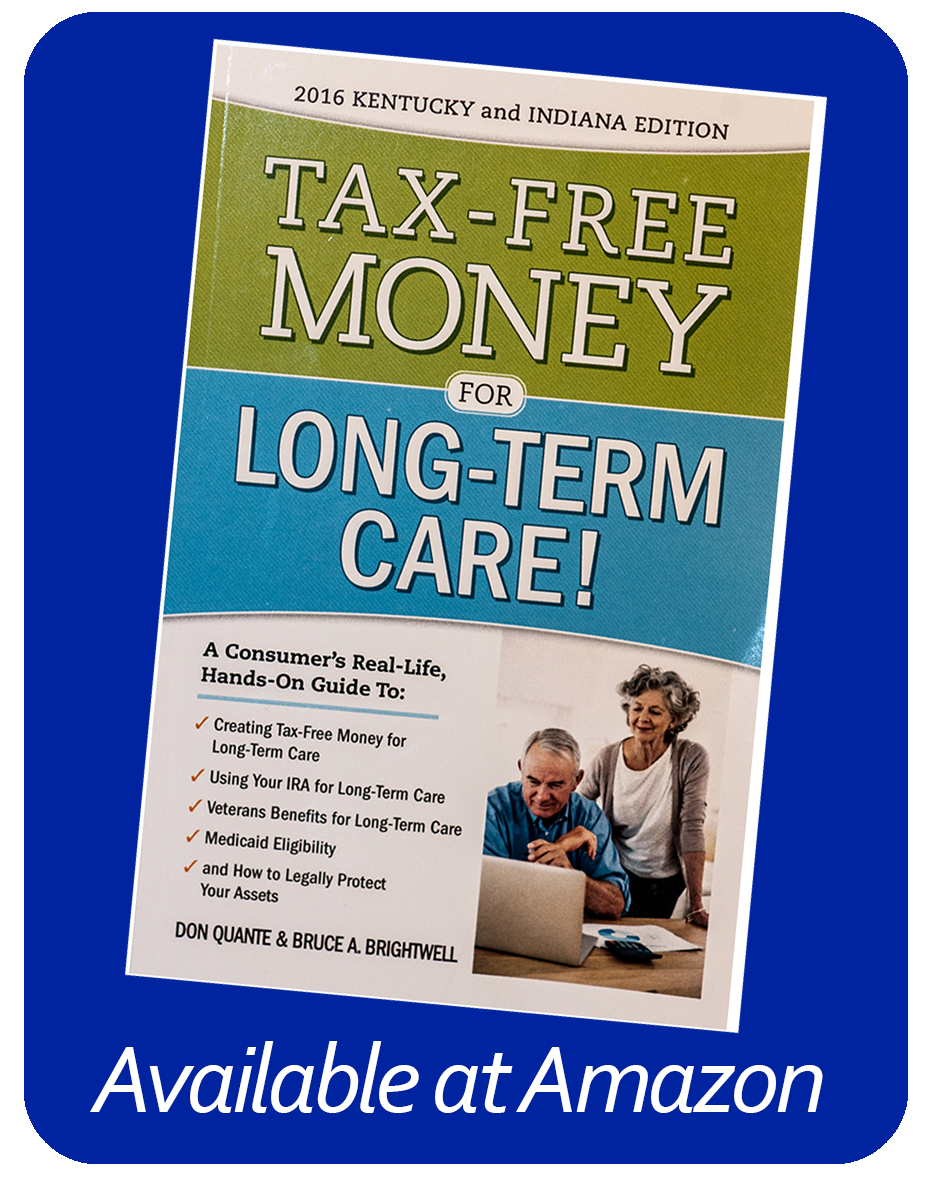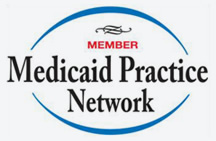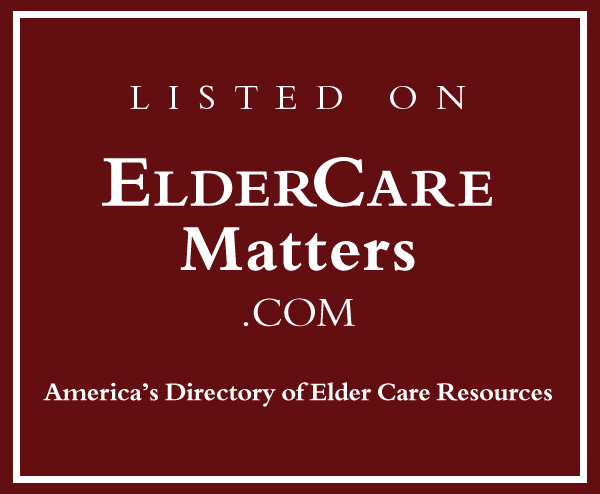What is Medicaid planning?
Medicaid planning involves developing a plan to reallocate your assets in such a way that Medicaid will not take them into consideration when determining your eligibility for coverage. If you need nursing home care in the future, you will then qualify to have Medicaid pay for the cost of care, rather than depleting your own resources to cover these costs.
How come I have never heard about this before?
It is our experience that most lawyers do not know Medicaid law. So it is not surprising that the public or well-intentioned and well-educated individuals within the senior services network are unfamiliar with the concept that there are legal and ethical protections available.
What’s the difference between Medicare and Medicaid?
Medicare is health insurance for people over 65. It pays for hospital stays, doctor visits and medical tests. It covers only limited skilled nursing care. Medicaid is health insurance for limited income people who meet certain economic criteria for eligibility – it does cover the costs of nursing care.
My caseworker / nursing home intake person / friend / beautician / other advisor tells me about rules that are much different than what you are saying. How can you be so sure that you’re right?
Bruce has completed an intensive training program with one of the premier Medicaid planning and asset protection law firms in the country, and he has access to a national network of attorneys providing this same planning.
Are your Medicaid-related asset protection strategies really “legal and ethical”?
Bruce’s asset protection strategies are never hidden from the Medicaid caseworker. Every transaction must be detailed on the Medicaid application. We highlight the areas where we have used a legally sanctioned protection to benefit our client. For every highlighted protection that has benefited the client, we cite the legal rule or court case that justifies this protection. We use only strictly legal and ethical protections of the law which are communicated to our clients and to the government officials in a transparent manner.
How can we find out if we are eligible for Medicaid coverage?
Medicaid eligibility is based on the amount of your monthly income and your assets. If both are within the allowable limits set by Medicaid, you qualify for coverage. To put it simply, eligibility is based upon your ability or inability to pay long-term care expenses. Medicaid allows each state to establish specific standards for eligibility based on personal income and assets. The general standard is that applicants can be eligible for coverage if the couple’s countable assets (cash, investments, etc.) and income fall within state designated limits. This calculation excludes the family home, car, certain limited life insurance coverage and personal household possessions, such as clothing, furniture, etc. Our job is to protect your assets in such a way that they are not included in Medicaid’s determination of whether you qualify for coverage.
Why should I apply for Medicaid coverage?
Most families in Indiana and Kentucky cannot support the enormous cost of nursing home care. Those who fall within the qualification guidelines for Medicaid may be well advised to apply for coverage. The program offers people a means of providing a decent level of skilled nursing care for their loved one.
Why do I need help obtaining Medicaid coverage? Isn’t it just a matter of submitting the application?
Many people apply for coverage without any help. But beware — Medicaid will not tell you how to protect your assets. Brightwell Elder and Probate Law offers specialized knowledge, skill and experience to help you follow all the proper application procedures and handle all of the necessary legal correspondence with your local Medicaid office. More importantly, we offer a range of options for protecting your assets should you need nursing home care. We will see your case through to its conclusion and work hard to produce a positive outcome for you and your family.
How long will it take you to tell us if you are able to help us?
We can give you an answer within 24 hours as to whether it’s worth your while to make an appointment to see us. We have designed our systems with you in mind, so that we can give you a rapid response because we know that you may be experiencing anxiety, stress, fear, guilt and uncertainty.
If my spouse goes into a nursing home, will I have to give away most or all of my assets in order to protect them from being taken to cover the cost of care?
No. This is one of the Myths of Medicaid. Under federal Spousal Impoverishment Protection rules, you can receive Medicaid benefits and retain your home, your vehicle, your household effects and countable assets up to a state-determined maximum. This question goes to the heart of our estate planning mission. Brightwell Elder and Probate Law uses MPS™ Trademarked Medicaid Trusts to ensure that your assets will not be taken to cover the cost of nursing home care. Our trusts permit you to maintain full control and access to your asset income while ensuring that those assets are not counted towards your eligibility for Medicaid.
I’ve heard Medicaid can take our house for reimbursement. Is that true?
No, they cannot take your house, nor do they want to. This is another of the Myths of Medicaid. While Medicaid does require the spouses of beneficiaries to contribute some portion of their available assets (above a level determined by each state) to the cost of care, the federal Spousal Impoverishment Protection law excludes your family home from that calculation.
I hold joint accounts with my kids. Are they safe?
No. Medicaid treats any asset with your name on it as yours unless you can overtly prove that the joint owner actually contributed assets to the account. To learn more about options for asset protection, contact Brightwell Elder and Probate Law today.
Can I protect assets by transferring them to my kids?
No. If your children get into financial trouble, the assets become available to their creditors. If your children go through divorce, the assets may become available to their spouses through divorce settlements. If your children have health problems, the assets may be at risk, as well. In any case, by transferring your assets, you are losing control of them. For more information on asset protection options, contact Bruce Brightwell today.
If one of us is already in a nursing home, is it too late to protect our assets?
No. It is never too late to protect your assets. The sooner you get started with Medicaid planning, however, the more you can protect. Contact us today to find out more.
Are my assets safe in a revocable living trust?
No. General rule of law holds that whatever you can access, others may access as well. Assets in a revocable living trust are open and available to you; therefore, they are also open and available to Medicaid. What would make your assets safe is an irrevocable living trust, such as the MPS™ Trademarked Medicaid Trusts the firm offers. These allow you to retain access to and control of your assets, while protecting them at the same time. For details on this and other Medicaid planning issues, contact Brightwell Elder and Probate Law today.
How much will it cost to protect my family and my assets?
Bruce A. Brightwell offers his services per a specific fee schedule based on your particular needs. His services are designed to pay for themselves over a relatively short time. For example, a trust-based Medicaid plan is approximately the same as the average cost of one month’s stay in a skilled nursing facility. By helping you obtain Medicaid qualification and protect your personal assets, this plan can effectively cover that amount many times over.






